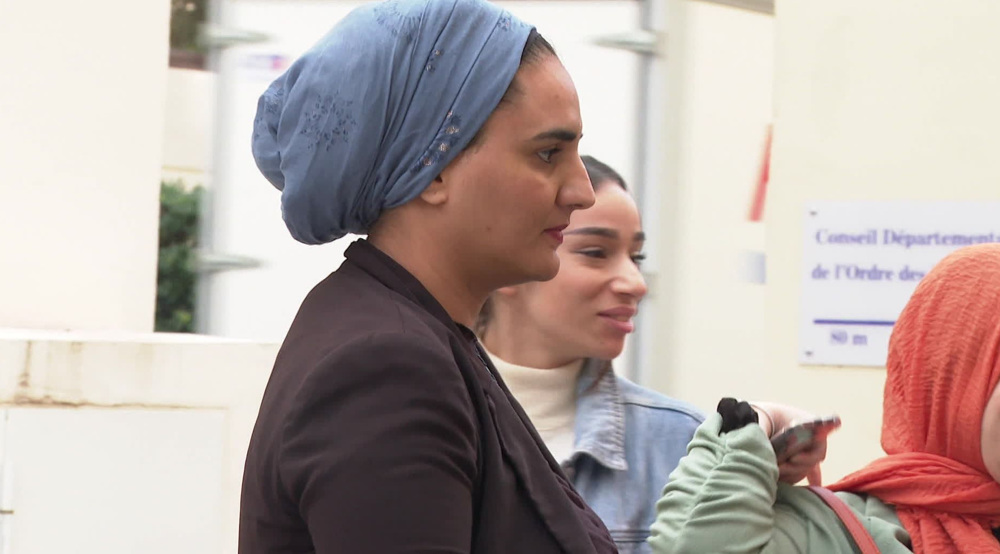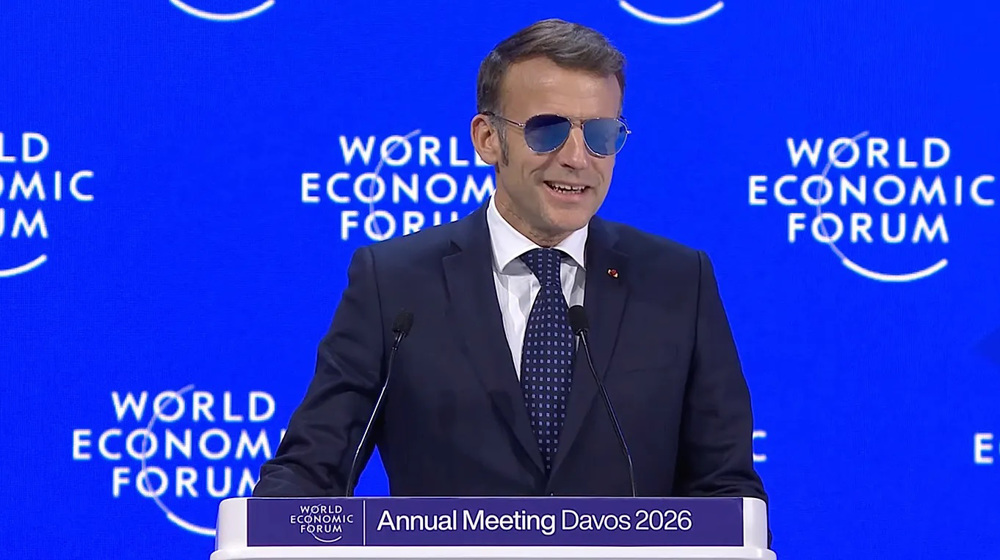New Caledonia holding vote of independence from France
People are taking to the polls across the French South Pacific archipelago of New Caledonia in a referendum on independence from France.
Polling stations opened on Sunday, and eligible voters are being asked, “Do you want New Caledonia to gain full sovereignty and become independent?”
Some 175,000 out of the 280,000 people living on the archipelago are eligible to vote.
A yes vote would not only dent the pride of France — once a colonial power whose reach spanned the Caribbean, sub-Saharan Africa, and the Pacific Ocean — it would deprive Paris of a foothold in the Indo-Pacific region.
But polls earlier in the week showed that the islanders were expected to vote for the region to remain a French territory.
It is the first self-determination vote to be held in a French territory since Djibouti, in the Horn of Africa, voted for independence in 1977.
Tensions have long run deep between pro-independence indigenous Kanaks on New Caledonia and the descendants of colonial settlers, who remain loyal to Paris.
Posters calling for a no vote said read “France is the only chance,” while the proponents of independence called for a yes vote to “a multicultural... peaceful nation.”
During a visit to the archipelago in May, French President Emmanuel Macron acknowledged the “pains of colonization” and saluted the “dignified” campaign for autonomy led by the Kanaks. Macron and his administration have sought to strike a neutral tone on the vote.
Tourism and nickel are New Caledonia’s two main sources of income. The region’s nickel deposits are estimated to represent 25 percent of the globe’s. Its deposits are exploited by French miner Eramet’s subsidiary SLN.

New Caledonia became a French colony in 1853, and the indigenous Kanak population were confined to reserves and excluded from much of the island’s developments.
Gradually, conflict broke out between the supporters of independence and the French colonizers.
A massacre and a deal
In 1988, a massacre in a cave on the island of Ouvea left 19 indigenous independence-seekers and two French soldiers dead and intensified talks on the island’s future. A 1998 deal provided for a referendum on independence to be held by the end of 2018.
Currently, the indigenous people make up less than 50 percent of the electorate, and some Kanaks back staying part of France.
Polls suggest 63 to 75 percent of voters will opt against breaking away from France.
Under the 1998 deal, in the event of a no vote, two further referendums on independence can still be held before 2022.
Threatening Iran and its Leader is playing with fire Trump and his ilk cannot contain
Israeli raids displace 25,000 Palestinians from Tulkarem refugee camp
All US bases, mercenaries within Iran’s reach: Leader’s representative
VIDEO | Lebanon parliament discusses budget in light of deep rifts
Regional states reject use of their territory against Iran
VIDEO | Israeli military destroys Gaza cemetery, scattering remains of over 700 graves
Iran ministry slams EU’s blacklisting of IRGC as 'Illegal, hypocritical'
Hamas blasts Western media for blindly defending false Israeli narrative












 This makes it easy to access the Press TV website
This makes it easy to access the Press TV website